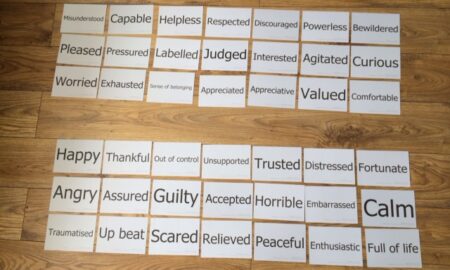Home Resources Project Reports A Quality Review of a Specialist Multidisciplinary Service Caring for People with Long-term Neurological Conditions/Spasticity
A Participatory Action Research Project into the Implementation and Evaluation of My Healthcare Passport
| Leader(s) | Elizabeth Keenan, Katrina Buchanan, Val Stevenson, Rachel Farrell, Heesook Lee, Gerry Christofi, Honey Padilla, Laura Bullass & Becky Jones |
| Location | National Hospital for Neurology and Neurosurgery |
| Duration | December 2013 – April 2015 |
| Received for Publication | February 2016 |
The multidisciplinary spasticity management team at the National Hospital for Neurology and Neurosurgery provides local and national care for patients with chronic long-term conditions and specialist care for ‘People with Spasticity’. There are many elements to the management of spasticity and an intrathecal baclofen pump is one option. The project was driven by a desire to improve the quality and care that patients receive from the specialist multidisciplinary spasticity service, especially with regard to the experience of living with a pump.
Over the course of this service evaluation, various members of the multidisciplinary spasticity management team and neuro-rehabilitation ward staff worked together with patients and their carers to explore the experience of staff, patients and carers. Many of the methodologies and techniques learnt through the Patients First Programme were put into practice to enable the project to move forward. The project lead and core project group also learnt a lot personally.
Many challenges were encountered, including structural change and staffing challenges, however the project created interest in all staff groups and users with a desire to get involved and engage in the process to design future service changes for others.
Implications for practice:
- Whilst it is useful to develop a shared purpose or goal, the nature of practice development is that it requires open-mindedness and flexibility as new ideas and directions might emerge
- Moving from a directive to facilitative leadership involves the development of new skills and knowledge to use in practice
- Evoke cards may be useful as prompts for patients or staff to tell their own stories, giving a reminder of past feelings or as permission to express a variety of emotions
This project was supported by the Foundation of Nursing Studies Patients First Programme in partnership with the Burdett Trust for Nursing.
Comments are closed.


